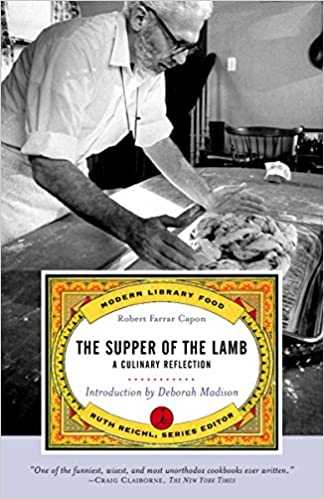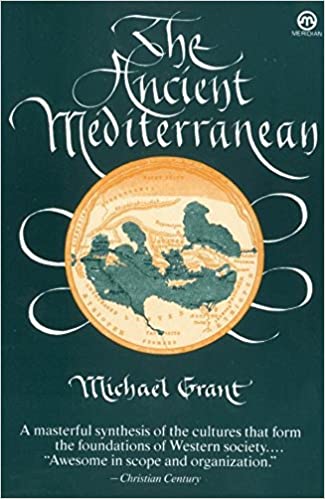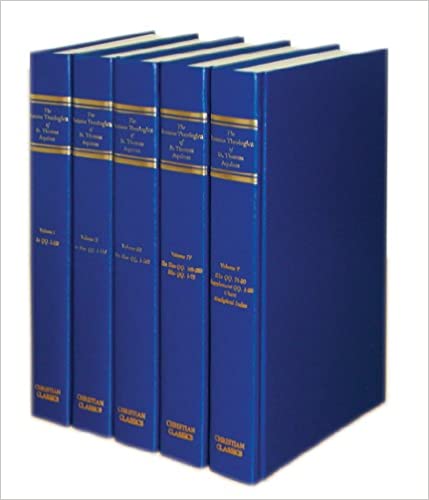The Ancient Mediterranean
Written by eminent classical scholar Michael Grant. The Ancient Mediterranean is a wonderfully revealing, unusually comprehensive history of all the peoples who lived around the Mediterranean from about 15,000 B.C. to the time of Constantine (306-337 A.D.). Many volumes, including Professor Grant's own previous works, trace the histories of the great civilizations of Greece and Rome. But this unique work looks at the influences and cultures of the entire region, including Egypt, Israel, Crete, Carthage, Ionia and the Eastern colonies. Syria, and the Etruscans, as well as the Greek and Roman states.
Drawing on archaeology, geography, anthropology, and economics. Professor Grant shows how the great Oriental civilizations—Egypt, Assyria, Babylonia, Persia—originated attitudes and institutions ultimately passed on to the West. He describes the effect on the people and their achievements of the long, irregular coastline, the mountainous terrain surrounding small fertile plains, the typical plant life of olive and grape, and the rapidly changing weather. Further, he investigates how the demographic factors around this deep and stormy sea caused or influenced the great periods of ancient history, such as that of fifth-century Athens and of Rome in the first century A.D. Appealing and fascinating reading, this impeccably researched history brings a fresh perspective to understanding our ancient heritage.
More info →The Summa Theologica of St. Thomas Aquinas
The Summa Theologica, St. Thomas Aquinas' brilliant synthesis of Christian thought, has had a decisive and permanent impact on philosophy and religion since the thirteenth century. As the title indicates, is a summing up of all that can be known about God and humanity's relations with God. Divided into three parts, the work consists of 38 tracts, 631 questions, about 3000 articles, 10,000 objections and their answers. This complete edition of the work, published in five volumes, was translated into English by the Fathers of the Dominican Province and first appeared in 1911. A revised edition was published in London in 1920, and in America in 1947. The Christian Classics edition is a reproduction of the 1947 Benziger Brothers edition.
More info →Les Misérables
Introducing one of the most famous characters in literature, Jean Valjean—the noble peasant imprisoned for stealing a loaf of bread—Les Misérables ranks among the greatest novels of all time. In it, Victor Hugo takes readers deep into the Parisian underworld, immerses them in a battle between good and evil, and carries them to the barricades during the uprising of 1832 with a breathtaking realism that is unsurpassed in modern prose.
Within his dramatic story are themes that capture the intellect and the emotions: crime and punishment, the relentless persecution of Valjean by Inspector Javert, the desperation of the prostitute Fantine, the amorality of the rogue Thénardier, and the universal desire to escape the prisons of our own minds. Les Misérables gave Victor Hugo a canvas upon which he portrayed his criticism of the French political and judicial systems, but the portrait that resulted is larger than life, epic in scope—an extravagant spectacle that dazzles the senses even as it touches the heart.
More info →



